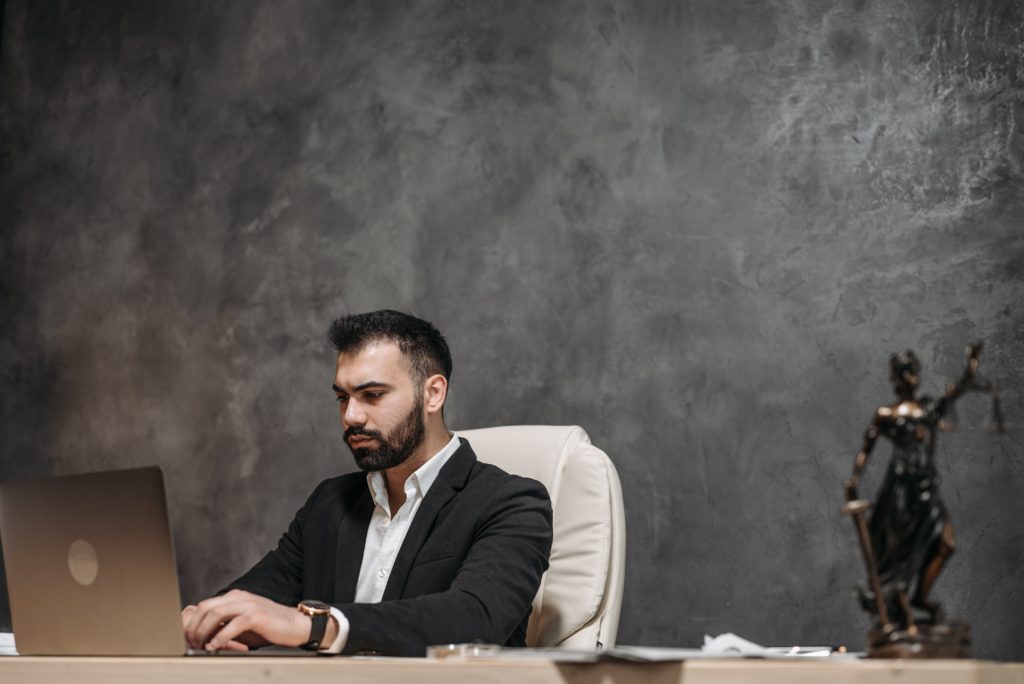
If you want to hire a US immigration lawyer, you will notice that the cost of their services varies greatly. Some ask tens of thousands of dollars per case. The prices of large immigration firms are usually in the $ 8-10 thousand range. So-called low-paid lawyers ask for up to $ 5 thousand per case, for example, for asylum. But what if you do not have money for a lawyer, and even a small fee for an ordinary human rights defender is too high? You can do the case yourself (usually not a good idea) or go pro bono (community advocate).
Pro bono (short for pro bono publico) is a Latin phrase meaning “for the public good.” In the modern interpretation, this is interpreted as “a lawyer will do the job for free, without demanding money from the client.”
There are three different types of Public Advocates:
Charity Lawyers
Law School attorneys
Private lawyers volunteering in their spare time
Each of these types has advantages and disadvantages. The strategies for finding a lawyer for each category also differ slightly.
Charity organisations
An extensive list of such organizations can be found on the website of the Office of Immigration Control (hereinafter – EOIR). This agency actually operates the country’s immigration courts. The list is filtered by state, which is quite convenient when searching. If you don’t see your location, click on the nearest state and see charities active near your area. The American Immigration Lawyers Association (an association of private and nonprofit lawyers) has a similar and probably more comprehensive list. Many of the organizations on these lists are free. Some of them charge a “nominal fee” (although it is said that in some cases a “nominal fee” of thousands of dollars was required, this is the exception rather than the norm). It is worth noting that most of these organizations will not take action if they are confident that you can pay for the services.
The main disadvantage of charitable organizations is that they can be busy and there is simply no time to consider your case. In particular, this applies to cases when it is necessary to consider the case as soon as possible. If you are lucky enough to get help from a charity, they will help you with their own resources or find volunteers to work under their supervision. Nonprofits are excellent at training and supervising volunteer lawyers, so in most cases you get a good representative in your case.
How can you get support from one of these charities? This is often very difficult. You will need to call them, write by e-mail, personally visit a number of organizations until you find one that is ready to help you. Here you need to be persistent and check any options. If one of the organizations cannot take your case, find out if they can recommend someone else. At times, it may seem like finding a lawyer with a charity is like a full-time job. But those who make the effort most often find a good representative for themselves.
Law schools
Law schools are another type of free submission. Many of them have programs in which law professors supervise law students based on real cases. Students do all the actual work on the case.
In addition, if you try to enter Law School Immigration Clinic into the search engine and add the name of the city, you can find some result. Again, these schools receive a large number of requests for assistance, and resources, like charities, are also limited. Therefore, it is sometimes difficult to find someone who can take over your business.
If you are represented by a law school, you will work primarily with students, as the goal of the school is to provide experience to students through working with real cases. And here the obvious question arises: can law students adequately represent the applicant in the case. However, they fill the lack of experience with enthusiasm and energy. Observations also show that the performance of such schools is positive. One of the main problems when looking for a human rights defender in such schools is that the time for consideration of the case must correspond to the schedule of the educational institution. Sometimes this leads to delays or, conversely, to expedited processing of the case.
Free programs
Many law firms have programs that will help you free of charge. Most often, clients get to them through charities, but firms can communicate with people directly. If you have acquaintances in a law firm (or acquaintances of acquaintances), you can inquire about the availability of such programs. If a lawyer is not familiar with the issues of cases on your topic, most likely, he will cooperate with one of the non-profit organizations that will oversee his work. Charitable organizations are usually happy to work with volunteer lawyers.
It is often difficult to find a public human rights defender. Free resources are limited, and there are a lot of people willing. But if you actively look for all possible options, then you will certainly succeed in finding a good lawyer.


